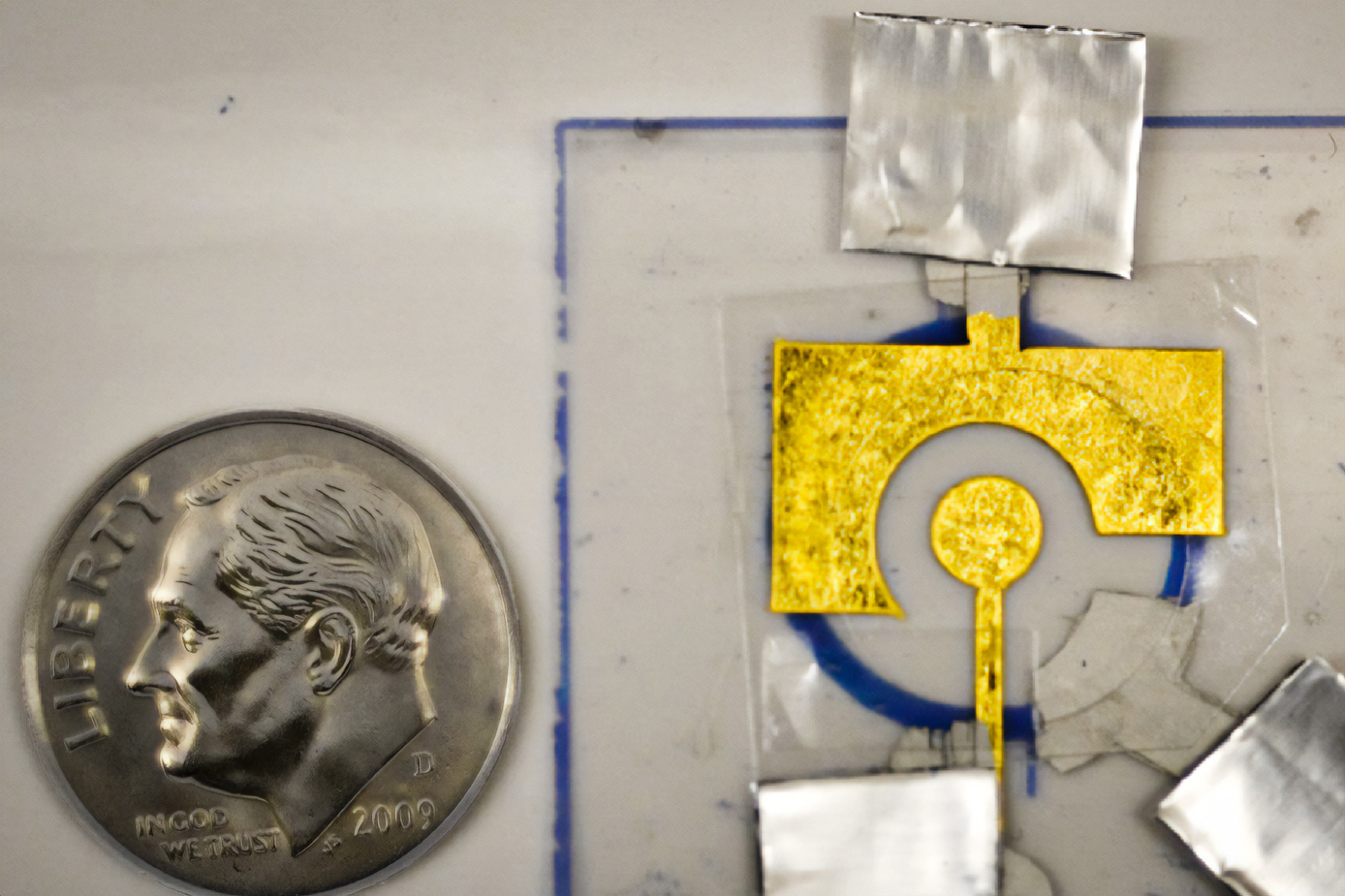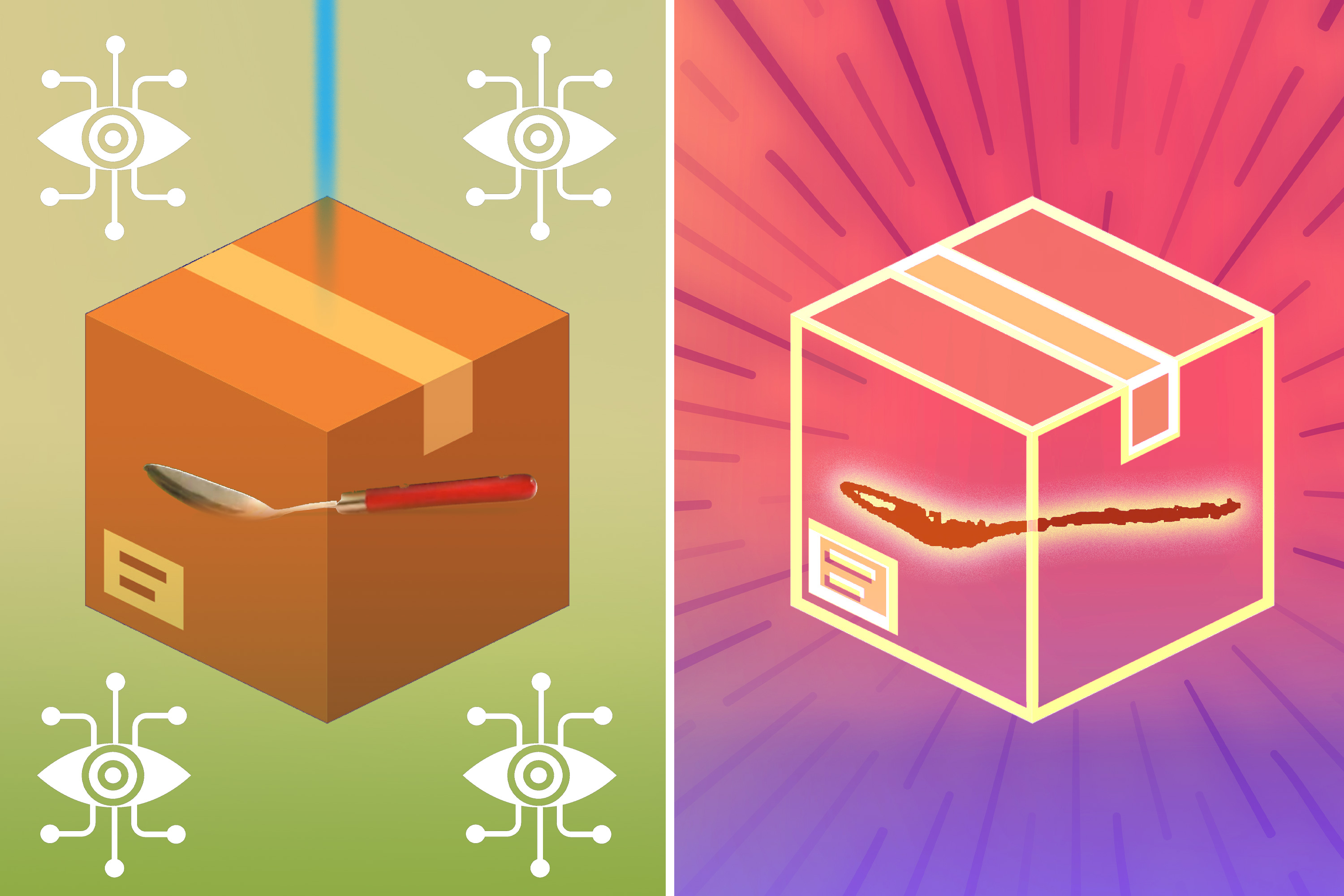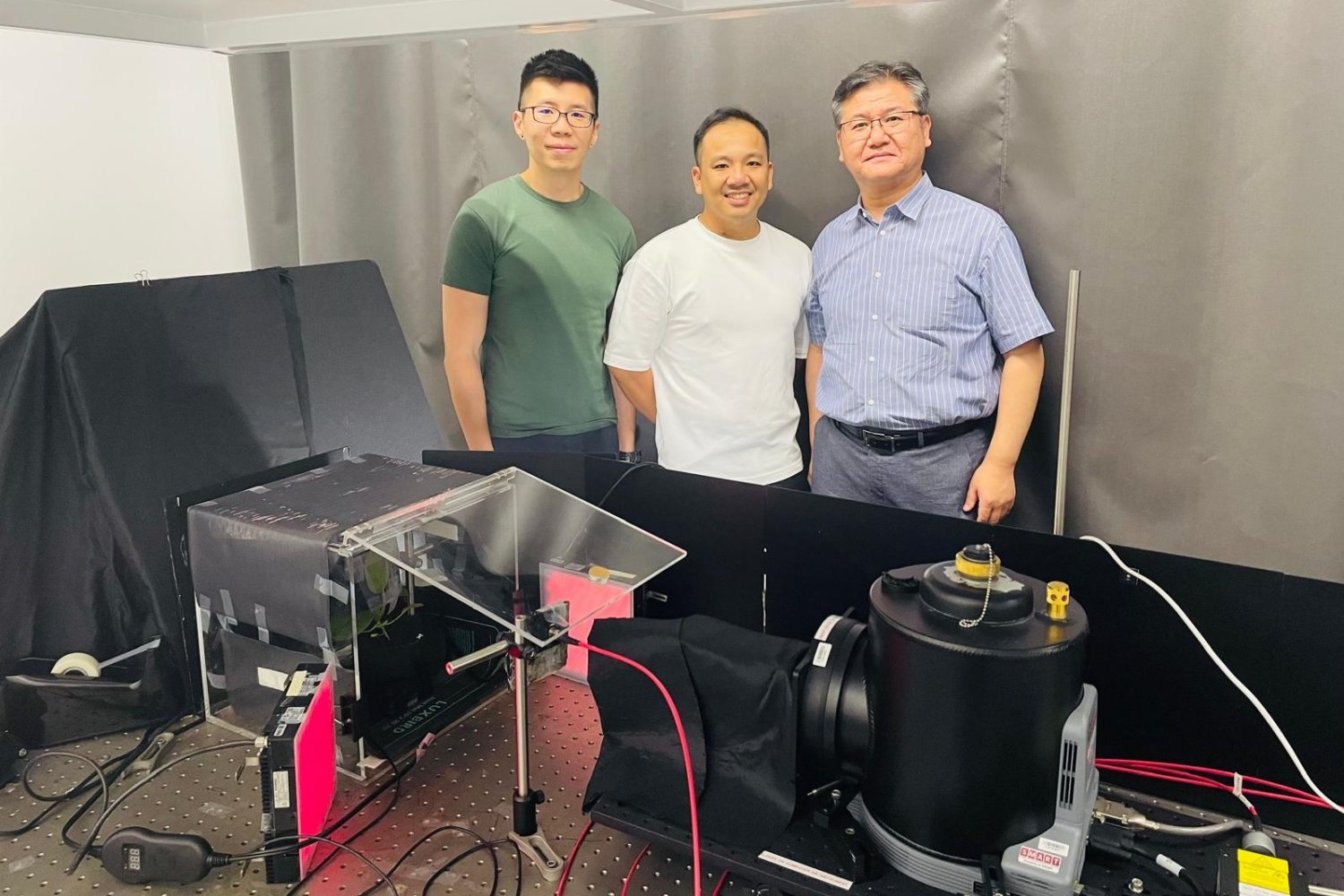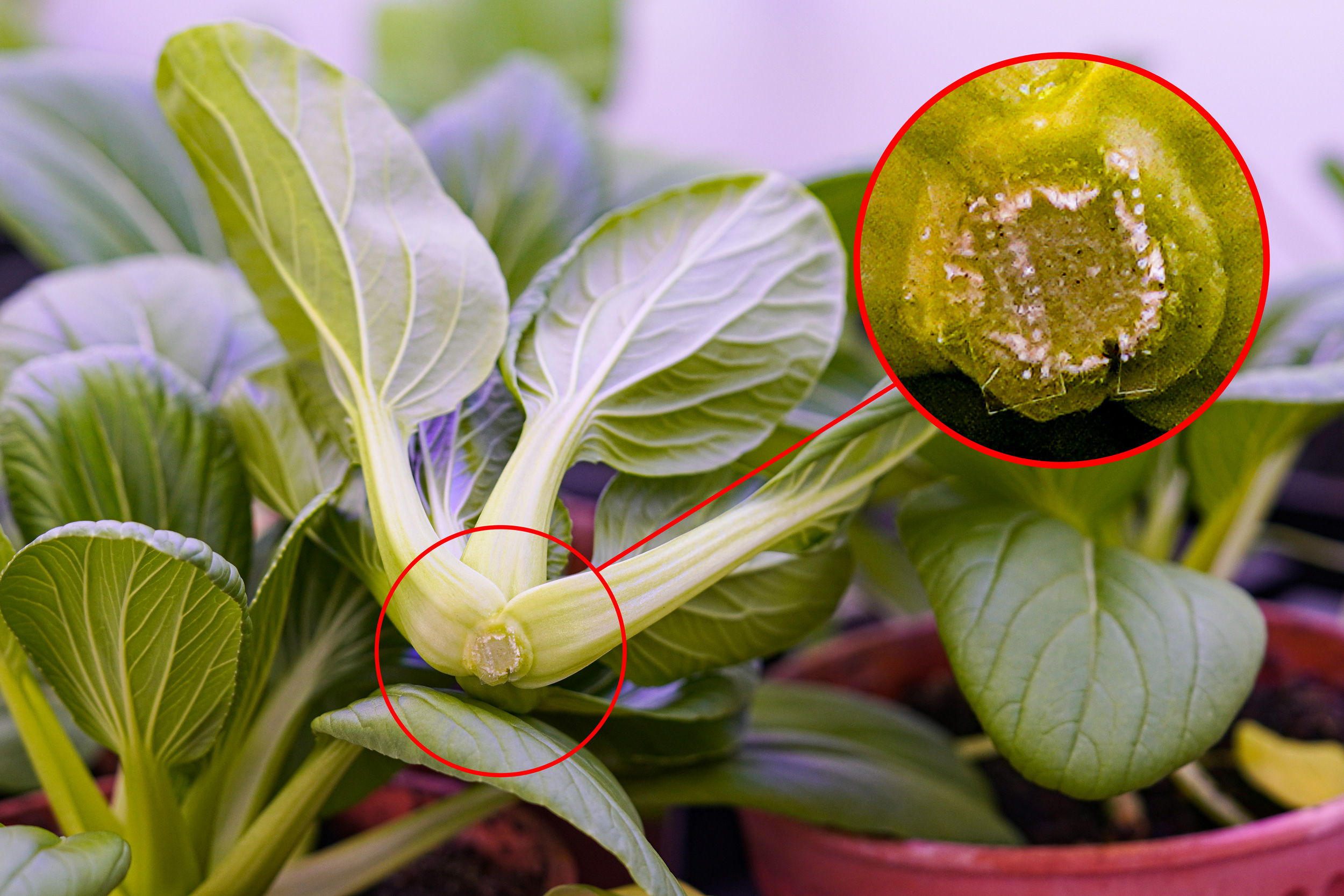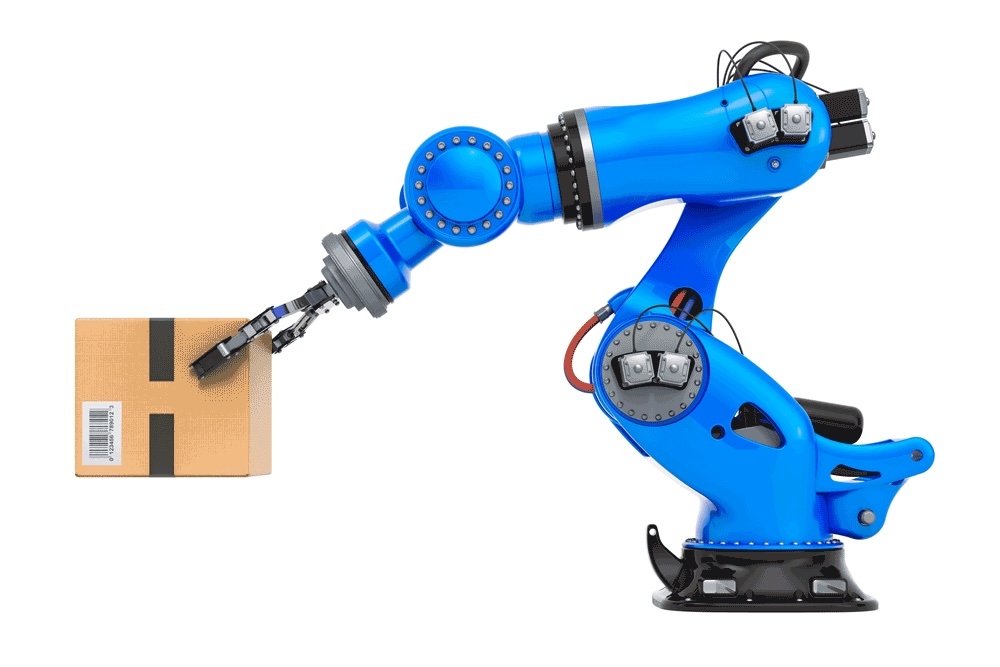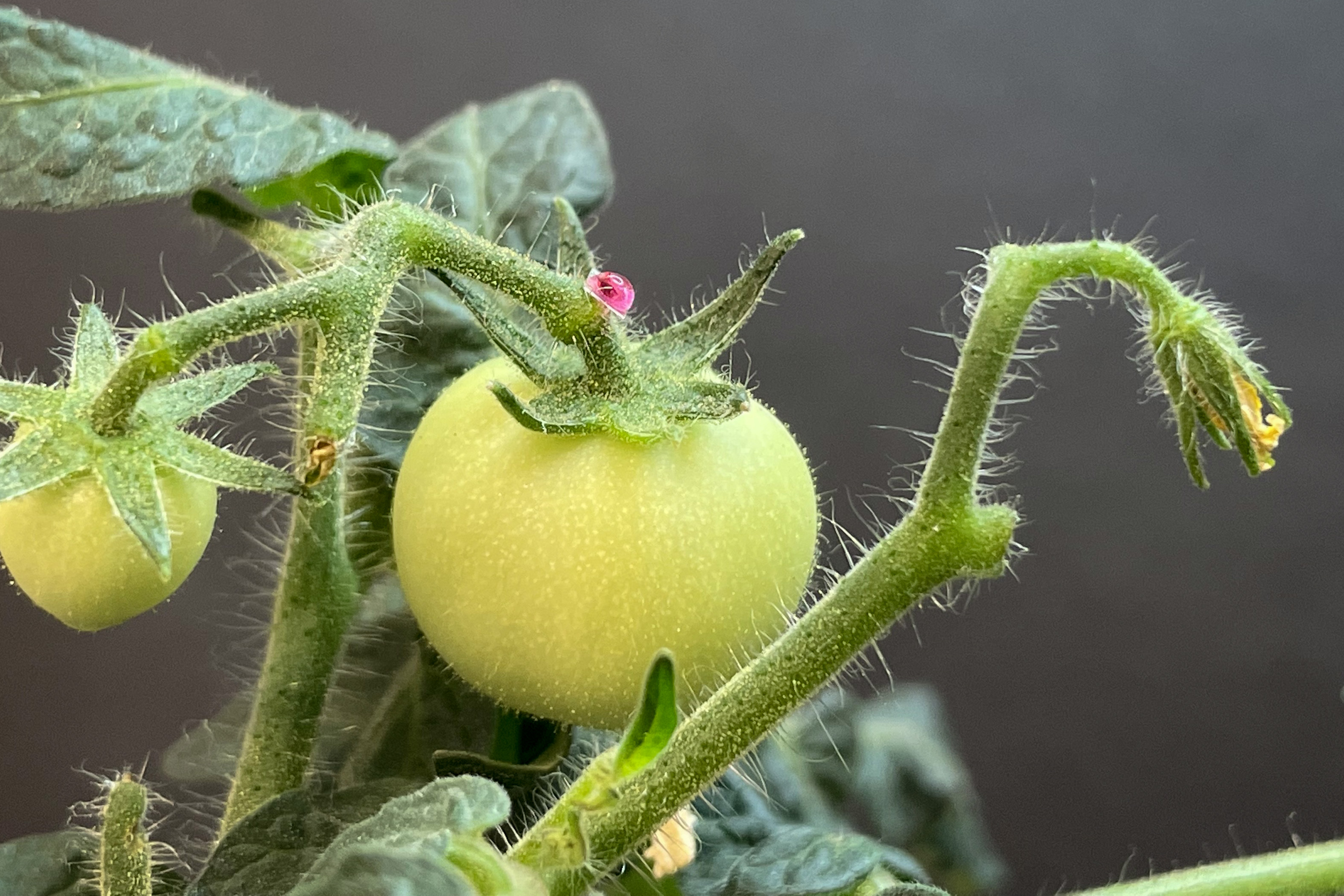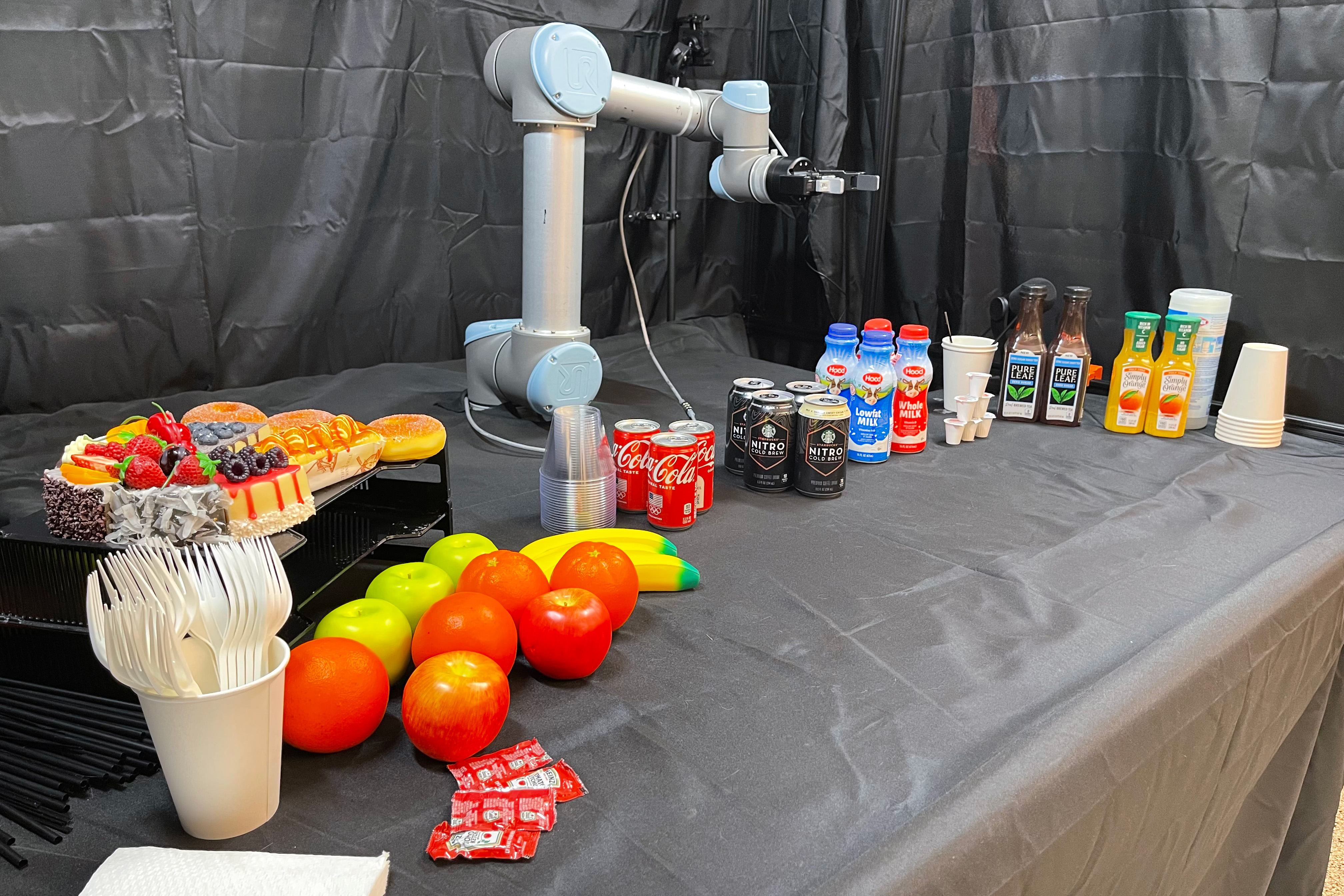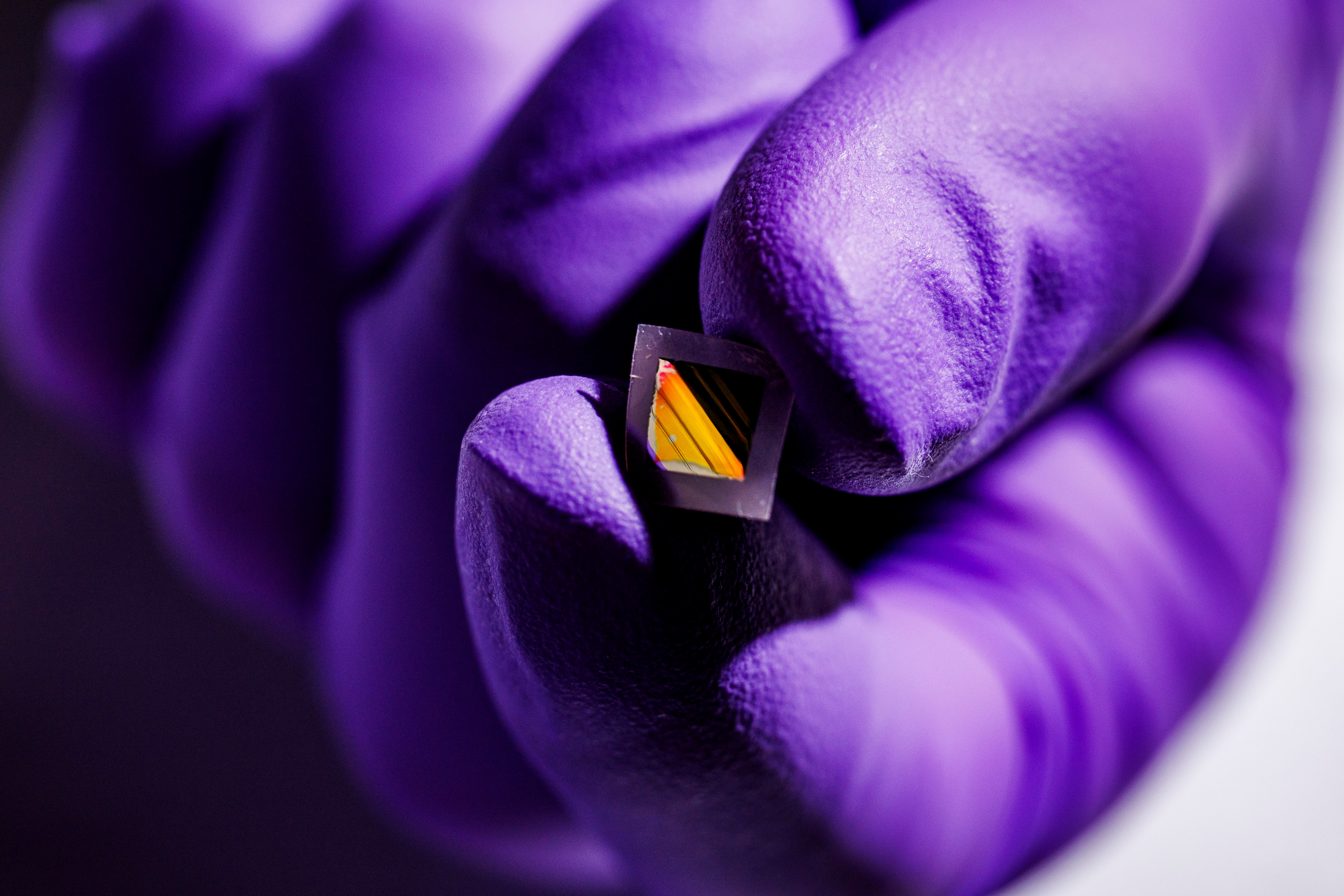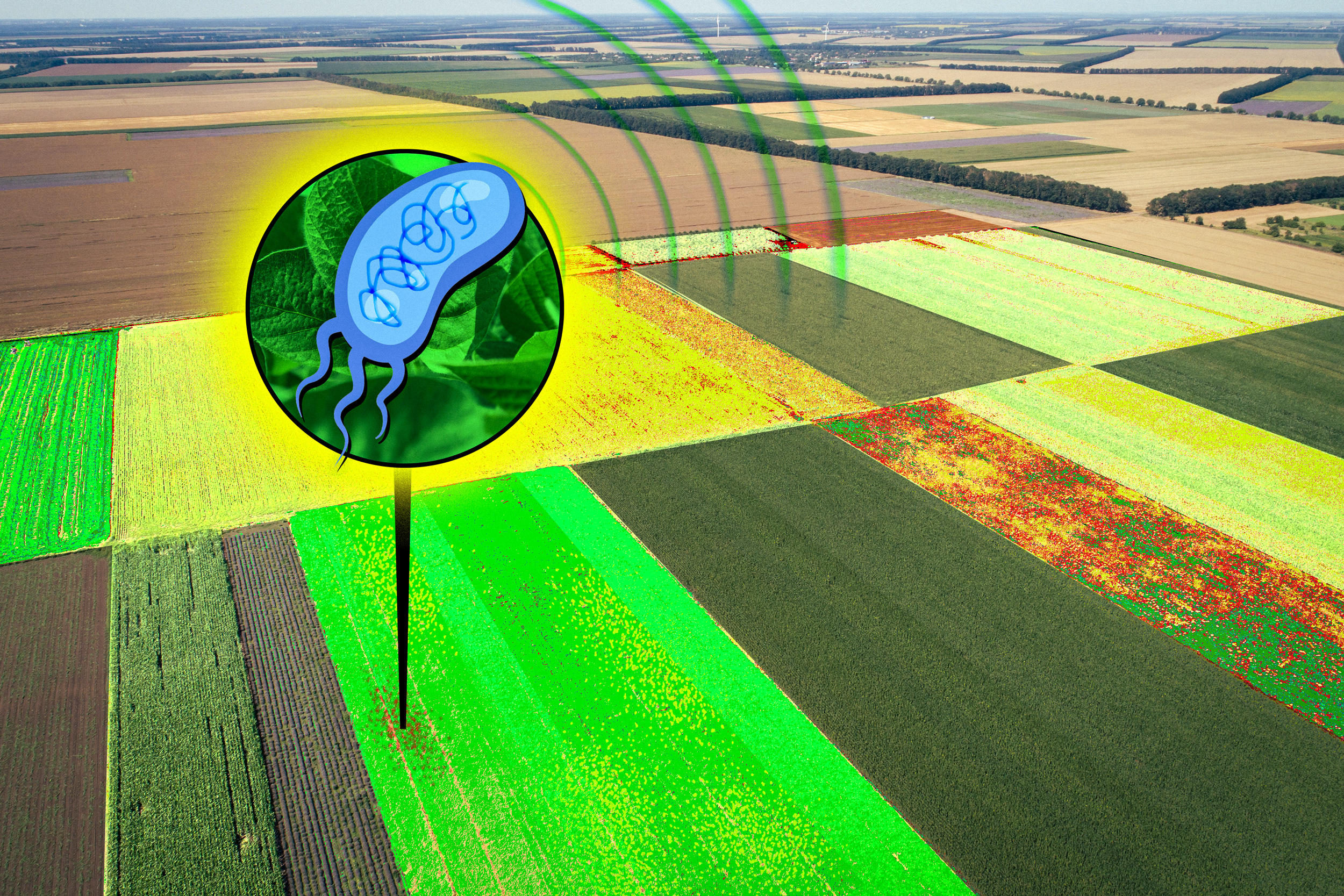Universal nanosensor unlocks the secrets to plant growth
Researchers from SMART DiSTAP developed the world’s first near-infrared fluorescent nanosensor capable of monitoring a plant’s primary growth hormone in real-time and without harming the plant.
Singapore-MIT Alliance for Research and Technology •
mit
June 9, 2025 • ~6 min
June 9, 2025 • ~6 min
/
38

